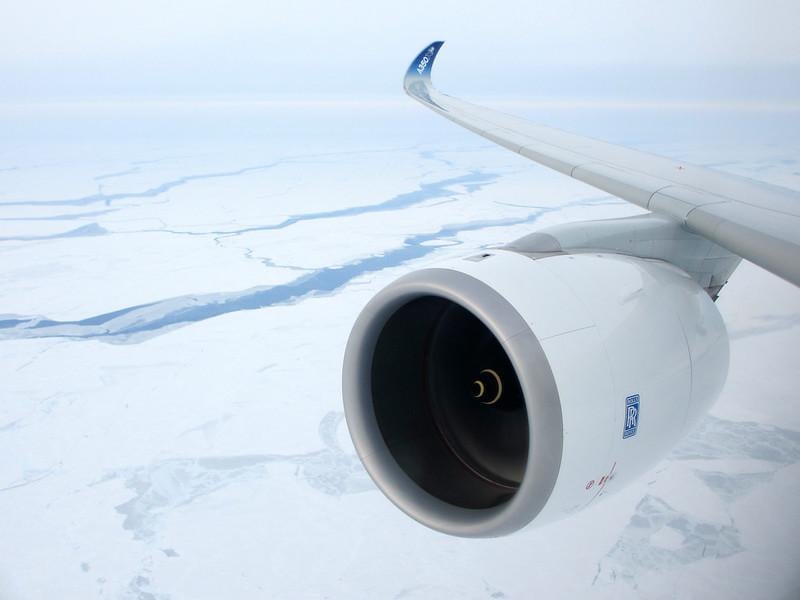
Credit: Rolls-Royce
IATA and Rolls-Royce on July 1 unveiled their aftermarket-competitiveness agreement, adding momentum to the alternative-parts and repairs push. The deal, months in the making and first reported by Aviation Week, is based on four “principles,” the organizations said in a joint statement. Rolls...
Subscription Required
This content requires a subscription to one of the Aviation Week Intelligence Network (AWIN) bundles.
Schedule a demo today to find out how you can access this content and similar content related to your area of the global aviation industry.
Already an AWIN subscriber? Login
Did you know? Aviation Week has won top honors multiple times in the Jesse H. Neal National Business Journalism Awards, the business-to-business media equivalent of the Pulitzer Prizes.

